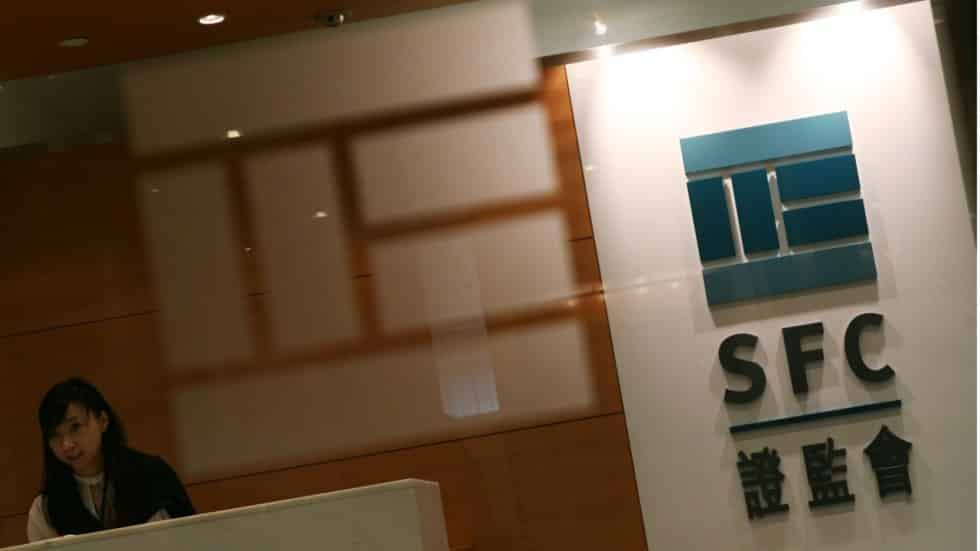The Securities and Futures Commission (SFC), an independent statutory body that regulates Hong Kong's securities and futures markets, announced on Friday that it is considering changes to its Investor Compensation Regime (ICR).
Launched in April 2003 in conjunction with the Securities and Futures Ordinance, the ICR enables retail investors to receive compensation from defaulting companies. These companies must be licensed intermediaries or authorized financial institutions in Hong Kong, and the investor must have been trading in Exchange -traded products.
Since its inception, ICR legislation has enabled claimants to receive a maximum of 150,000 HKD ($19,100), but Friday’s announcement suggests this may change. The SFC’s two-month consultation will determine whether this figure should be raised to 500,000 HKD ($63,700).
In their consultation paper, the SFC noted that the maximum amount investors can claim under the ICR does not reflect the exponential growth securities and futures markets experienced since 2003. Between 2014 and 2017 alone, client assets held by securities intermediaries increased from 598 billion HKD ($76.2 billion) to 918 billion HKD ($117 billion).
The ICR also aims to have a coverage ratio of 80 percent, meaning that if 80 percent of investors’ intermediaries defaulted, they would be able to receive compensation. The SFC’s consultation paper shows that this figure is now at just 64 percent - down from 75 percent in 2014.
Finally, the SFC says it wants to bring the ICR into line with international standards. Currently, the maximum amount of compensation offered under the ICR is substantially smaller than similar Regulation offers in the EU, UK, USA, and Canada.
Commenting on the proposed changes to the ICR, Ashley Alder, the SFC’s Chief Executive Officer, said: “These changes are needed as the Hong Kong markets have undergone substantial change since the last formal review of the Investor Compensation Regime. The proposed enhancements will benefit investors and the wider market and better equip the SFC to manage potential systemic risks.”


















